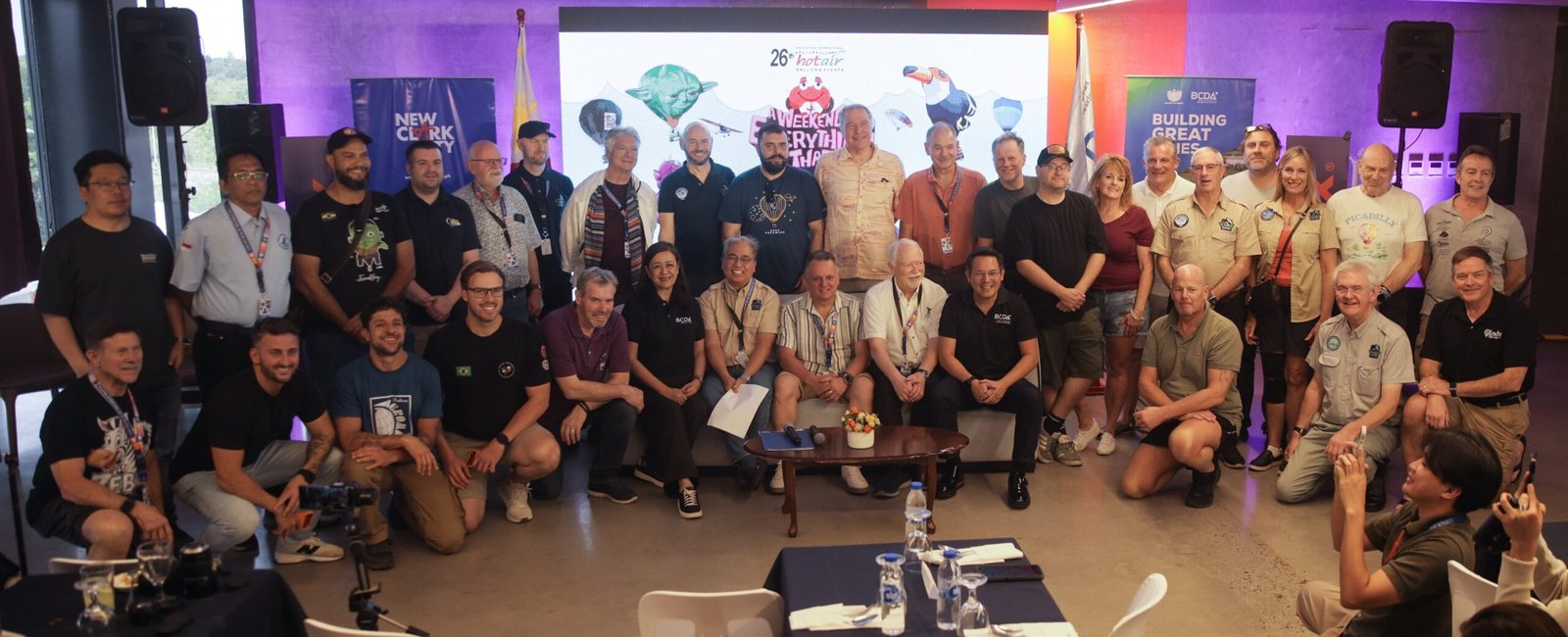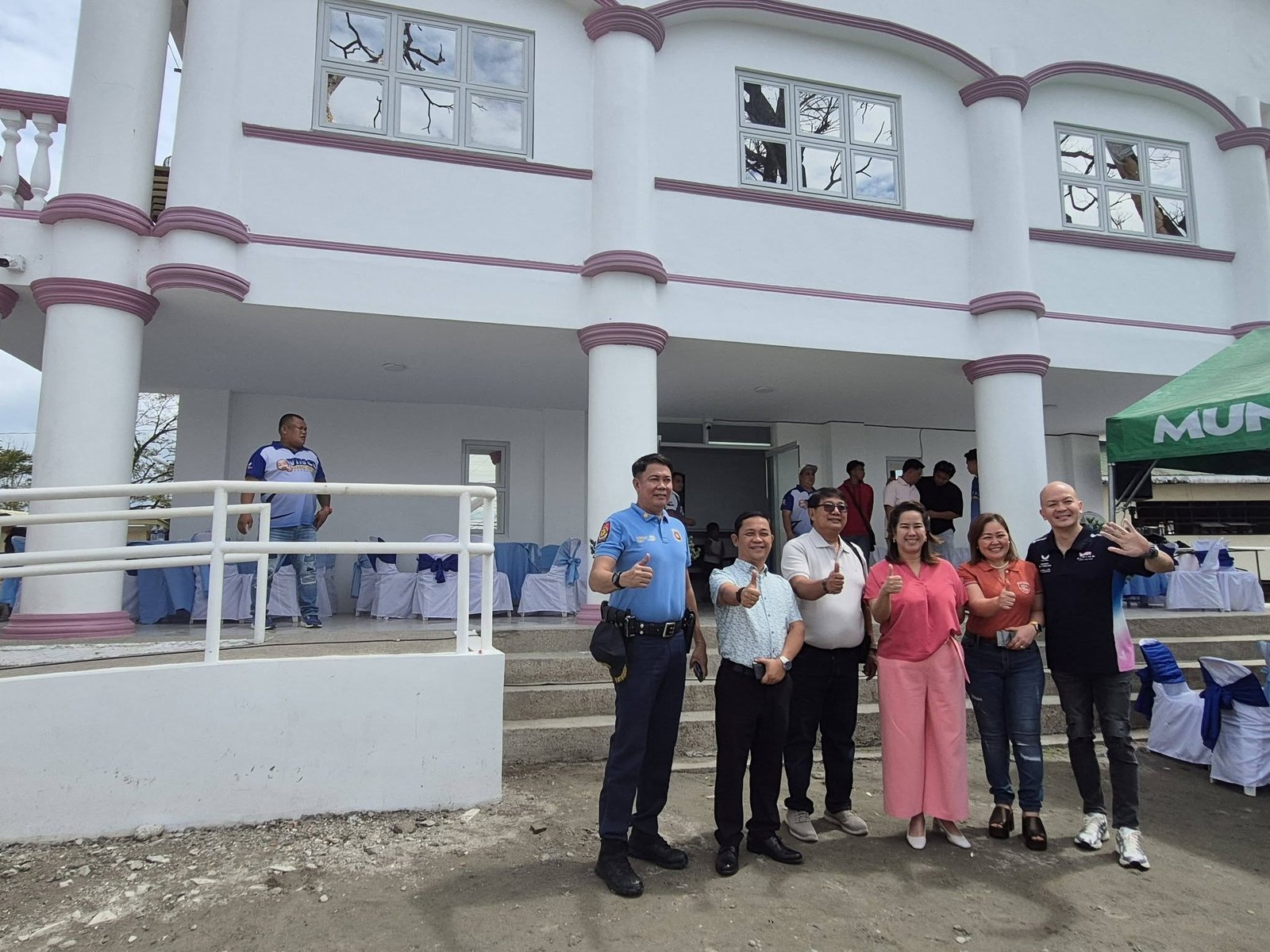𝗞𝘂𝘄𝗲𝗻𝘁𝗼𝗻𝗴 𝗣𝗲𝘆𝘂𝗽𝘀 𝗯𝘆 𝗔𝘁𝘁𝘆. 𝗗𝗲𝗻𝗻𝗶𝘀 𝗚𝗼𝗿𝗲𝗰𝗵𝗼
Films on priests as martyrs and a killer during the Spanish era (Mallari and GOMBURZA) won major awards during the 2023 Metro Manila Film Festival (MMFF).
GOMBURZA won seven awards, including Best Actor for Cedrick Juan, Best Director for Pepe Diokno, 2nd Best Picture, Gatpuno Antonio Villegas Cultural Award, Best Cinematography, Best Production Design and Best Sound Design.
MALLARI won four awards, including Best Supporting Actor for JC Santos, Best Musical Score, Best Visual Effects and 3rd Best Picture.
MALLARI is a mixture of history, folklore and science fiction where Piolo Pascual played three distinct characters belonging to the Mallari bloodline from three different centuries (Fr. Severino in the 19th century, Johnrey in the 1940s and the present Dr. Jonathan).
It deals with the horrific story of Fr. Juan Severino Mallari, a 19th century Filipino Catholic priest during the Spanish occupation and his descent into madness.
As the first documented serial killer from the Philippines, it recounts Fr. Severino’s life where he reportedly murdered 57 people to aid his ailing mother Doña Facunda ( Gloria Diaz) while serving as a parish priest in Magalang, Pampanga. In 1840, he was hanged for his crimes.
Dr. Jonathan returned to their ancestral home in search of his family’s supernatural cure for his dying girlfriend. He discovered the family secret through the footages made in 1948 by his documentarist granduncle Johnrey.
Johnrey was documenting the alleged aswang phenomenon during WW2, not just as a folkloric monster but also as a creation for fear-mongering that simulates its character — disguised and clandestine in food hunting prioritizing the powerless at the bottom of the food chain.
Aswangs are the most famous carnivorous monsters, boogeyman-like predatory figures in local folklore that prey on humans. Aswang is an umbrella term for an entire family of vampiric and malevolent spirits that suck blood, eat human flesh and also shape-shift as feral dogs, wild pigs, bats or crow-like birds when hunting.
As Johnrey time travelled through his dreams, he discovered that Fr. Severino was forced to kill to feed his mother who became an aswang and who needs to eat human flesh to survive.
Jonathan soon learns that to in order to heal his girlfriend, he will have to kill, too, just as his ancestor Fr. Severino did.
GOMBURZA stands for the surnames of the three priests who were implicated in the Cavite mutiny and later executed via the gruesome garrote on February 17, 1872 — Fr. Mariano Gomez (Dante Rivero), Jose Burgos (Cedric Juan) and Jacinto Zamora (Enchong Dee).
The film focuses on the rise of the secularization movement led by Roman Catholic priest Pedro Pelaez (Piolo Pascual) in the Spanish Philippines as well as the struggles and execution of GomBurZa.
In the opening scene, Peláez argued against parishes being taken from “seculars” (priests who were not members of a religious or friar order) and turned over to Spanish friars who discriminated against native priests and even “Filipinos” (Insular Spaniards who were born in the Philippines rather than Peninsular Spaniards born in Spain).
The executions inspired many key figures of the revolution, including Jose Rizal and the revolutionary group Katipunan.
It was considered the first spark of patriotism that forged the “Filipino” identity that eventually united inhabitants of these islands into one nation in the last quarter of the 19th century.
It depicts the martyrdom of GomBurZa from the perspective of a young witness — Jose Rizal y Mercado, who was mentored by his brother Paciano, who in turn was mentored by Padre Jose Burgos, and who, in turn, was also mentored by Padre Pedro Pelaez.
The story of GomBurZa was shared to Jose Rizal by his older brother Paciano, who was also one of the students of Padre Burgos.
The adult Rizal would later dedicate his novel El Filibusterismo to the memory of these priests: “Let these pages serve as a tardy wreath of dried leaves over your unknown tombs, and let it be understood that everyone who without clear proofs attacks your memory stains his hands in your blood!”
“GomBurZa is a story of a little fire that’s spread in times of darkness. It’s a story not of individual heroism, but all the collective. It’s a story not only of battle but of sacrifice,” says its director Pepe Diokno.
I earlier watched Pascual as Crisostomo Ibarra of the award-winning play “Ibarra” (original title Kanser) written by Jomar Fleras as a musical adaptation of Jose Rizal’s Noli Me Tangere. It had its run last June at the GSIS Theatre.
The story follows Crisostomo Ibarra, who went back home after his European studies. He rekindled his romance with childhood sweetheart Maria Clara, but triggered an old rift with the town friar, Padre Damaso.
As the story progressed, Ibarra realized that the malady of oppression and colonial brutality has been killing not only his town, but his motherland as well.
Pascual won an Aliw Award for Best Lead Actor in a Musical for his stage debut in “Ibarra.”
The ideas behind the novels of Rizal evolved through the years but the message remains solid: Filipinos must not be silenced in the midst of ills and injustices in society.
The other festival entries include Family of Two, Kampon, Penduko, Rewind, Becky and Badette, Broken Heart’s Trip, Firefly and When I Met You in Tokyo.
(𝑃𝑒𝑦𝑢𝑝𝑠 𝑖𝑠 𝑡ℎ𝑒 𝑚𝑜𝑛𝑖𝑘𝑒𝑟 𝑜𝑓 𝑈𝑛𝑖𝑣𝑒𝑟𝑠𝑖𝑡𝑦 𝑜𝑓 𝑡ℎ𝑒 𝑃ℎ𝑖𝑙𝑖𝑝𝑝𝑖𝑛𝑒𝑠. 𝐴𝑡𝑡𝑦. 𝐷𝑒𝑛𝑛𝑖𝑠 𝑅. 𝐺𝑜𝑟𝑒𝑐ℎ𝑜 ℎ𝑒𝑎𝑑𝑠 𝑡ℎ𝑒 𝑠𝑒𝑎𝑓𝑎𝑟𝑒𝑟𝑠’ 𝑑𝑖𝑣𝑖𝑠𝑖𝑜𝑛 𝑜𝑓 𝑡ℎ𝑒 𝑆𝑎𝑝𝑎𝑙𝑜 𝑉𝑒𝑙𝑒𝑧 𝐵𝑢𝑛𝑑𝑎𝑛𝑔 𝐵𝑢𝑙𝑖𝑙𝑎𝑛 𝑙𝑎𝑤 𝑜𝑓𝑓𝑖𝑐𝑒𝑠. 𝐹𝑜𝑟 𝑐𝑜𝑚𝑚𝑒𝑛𝑡𝑠, 𝑒-𝑚𝑎𝑖𝑙 𝑖𝑛𝑓𝑜@𝑠𝑎𝑝𝑎𝑙𝑜𝑣𝑒𝑙𝑒𝑧.𝑐𝑜𝑚, 𝑜𝑟 𝑐𝑎𝑙𝑙 0917-5025808 𝑜𝑟 0908-8665786.)














